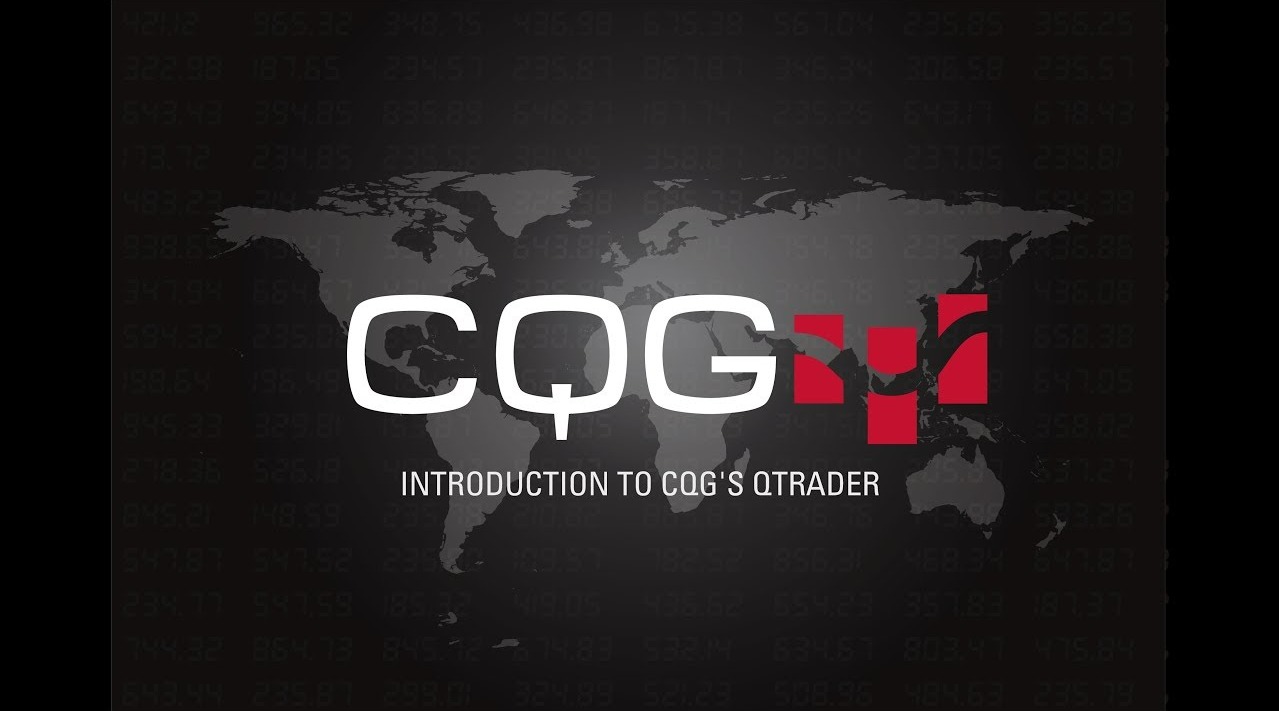South Africa's Financial Sector Conduct Authority (FSCA) announced earlier this month that it has approved the licences of 248 firms to operate as crypto asset service providers (CASPs) while declining nine applications. The regulator has yet to make a decision on 56 more applications.
South Africa Regulates Crypto Firms
The regulator further revealed that it had received 420 CASP licence applications since the licencing process began on 1 June 2023. Additionally, 106 applicants voluntarily withdrew their applications after engaging with the regulator.
“Reasons for the decline of CASP licence applications to date have included the failure of applicants to meet the applicable fit and proper requirements under the FAIS Act,” the announcement stated.
According to the FSCA, most declined applicants failed to show operational ability, including clear and comprehensive business plans and business model descriptions outlining crypto asset activities and key business and operational frameworks to support such activities. They also could not demonstrate the requisite knowledge and practical experience regarding cryptocurrencies.
However, the regulator highlighted that the companies whose applications have been declined or voluntarily withdrawn can reapply when they can “demonstrate full and proper compliance with the applicable licensing requirements.”
Crypto Regulation Is Necessary
South Africa is one of the few African nations that properly regulates cryptocurrency companies. The FSCA does not allow unlicensed companies to operate within its jurisdiction, except for those whose applications are currently pending. However, licensed firms also need to pass the applicable regulatory examination requirements before 30 June 2025. Failure to do so might lead to regulatory action, including suspension or withdrawal of authorisation.
The South African authorities view cryptocurrencies as digital representations of assets that can be traded or stored electronically for payment, investment, or other utility. However, the country’s central bank does not recognise cryptocurrencies as a “legal form of tender.”
“The public is reminded that the FSCA’s licensing powers are limited to the authorisation and supervision of CASPs only insofar as they render financial services related to crypto assets as defined under the FAIS Act, i.e. advice, intermediary, and investment management services,” the latest announcement by FSCA added.
Earlier this year, the FSCA withdrew the licence of local CFD provider Banxso due to concerns over its operational practices and potential risks to clients. Another local agency also froze the brokerage's bank accounts. The broker allegedly misled its customers about reinstating its licence, which forced the FSCA to release another statement with clarification.
Moreover, the FSCA also clarified that all trading signals providers operating in the country must be licensed.


















